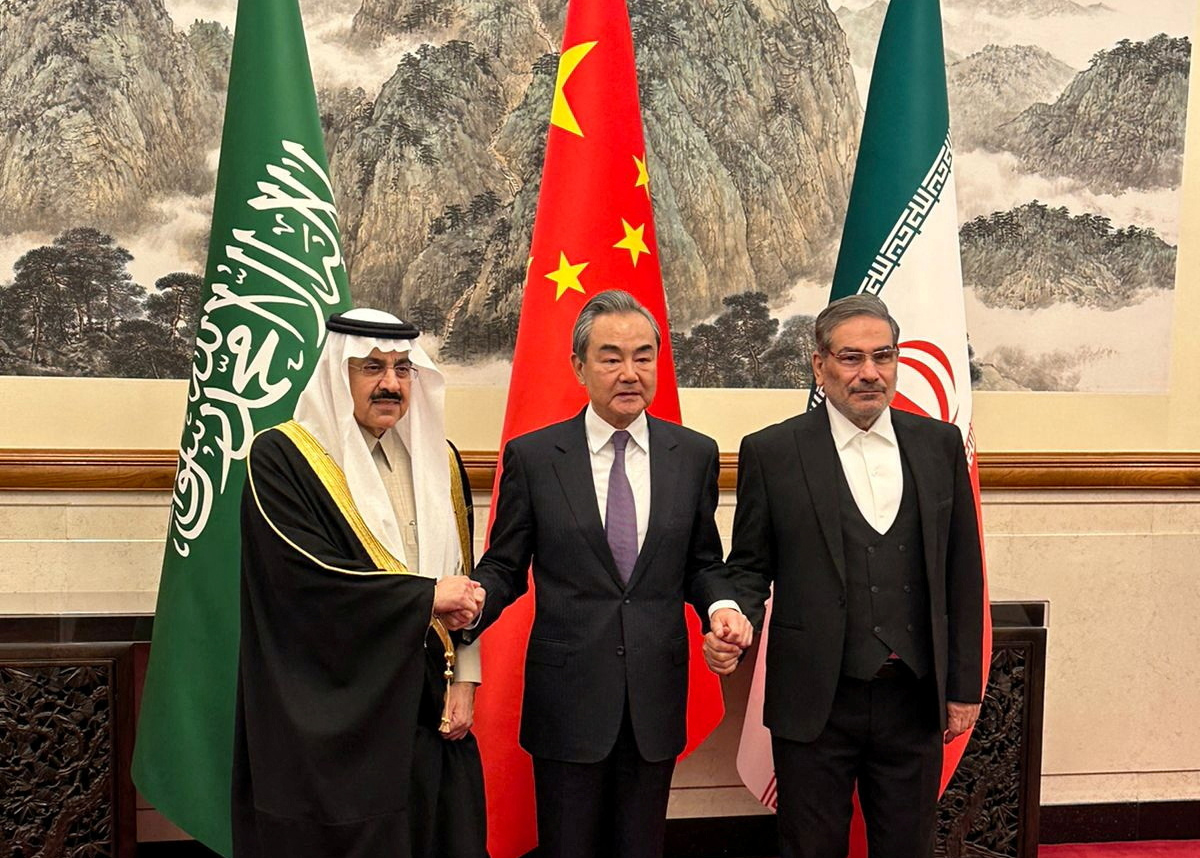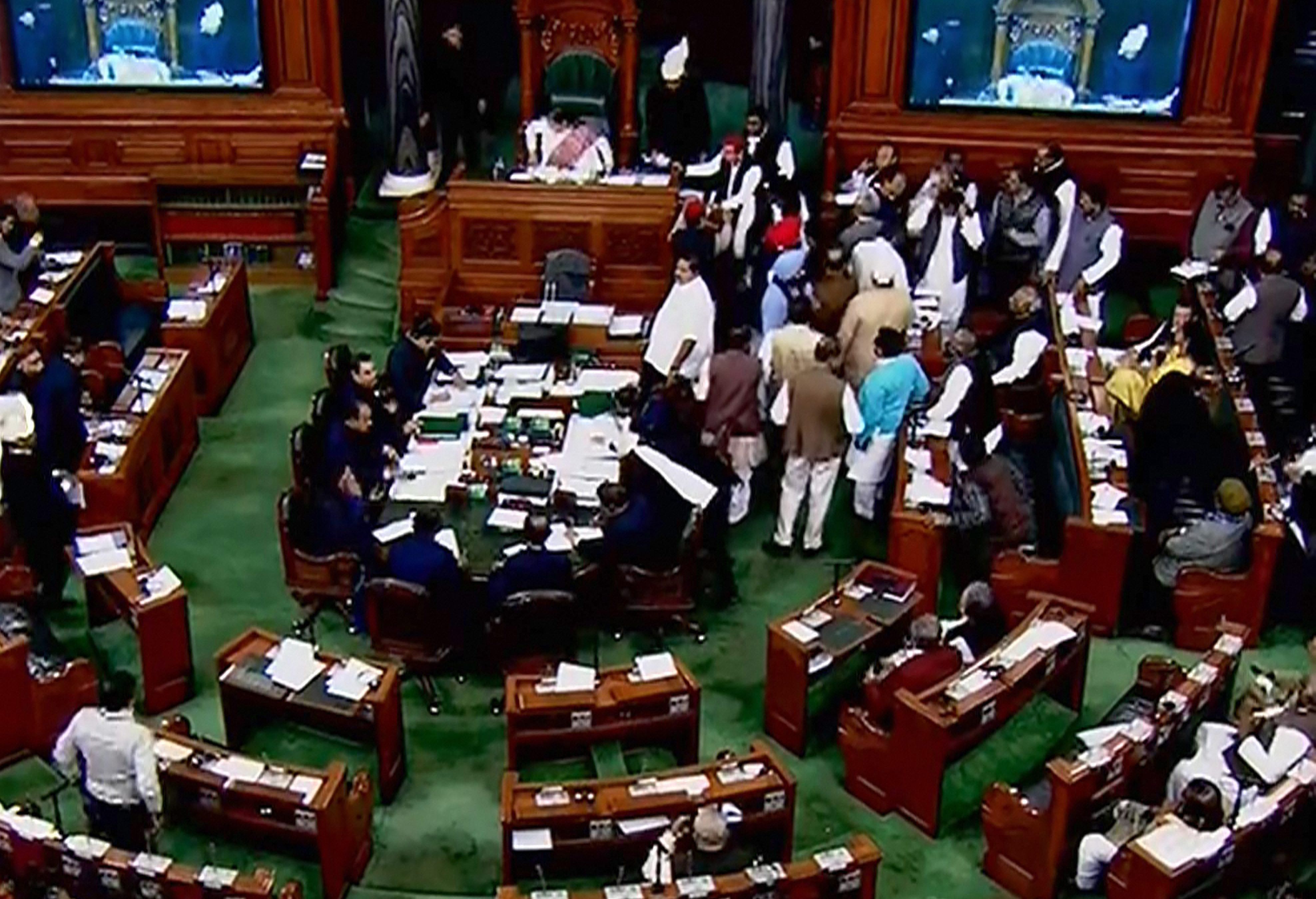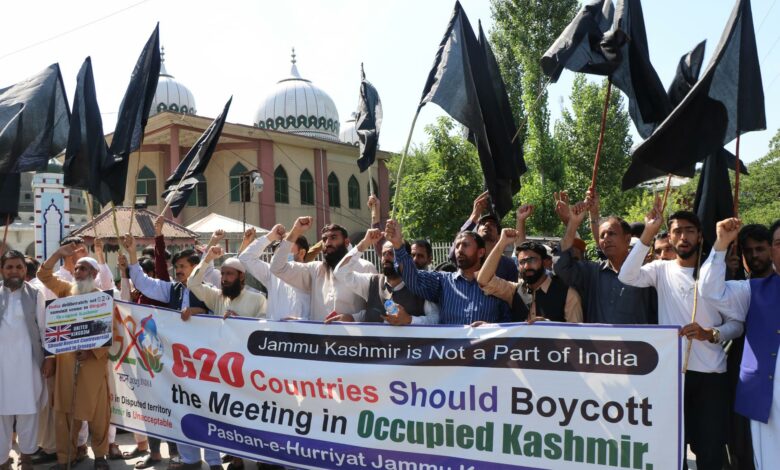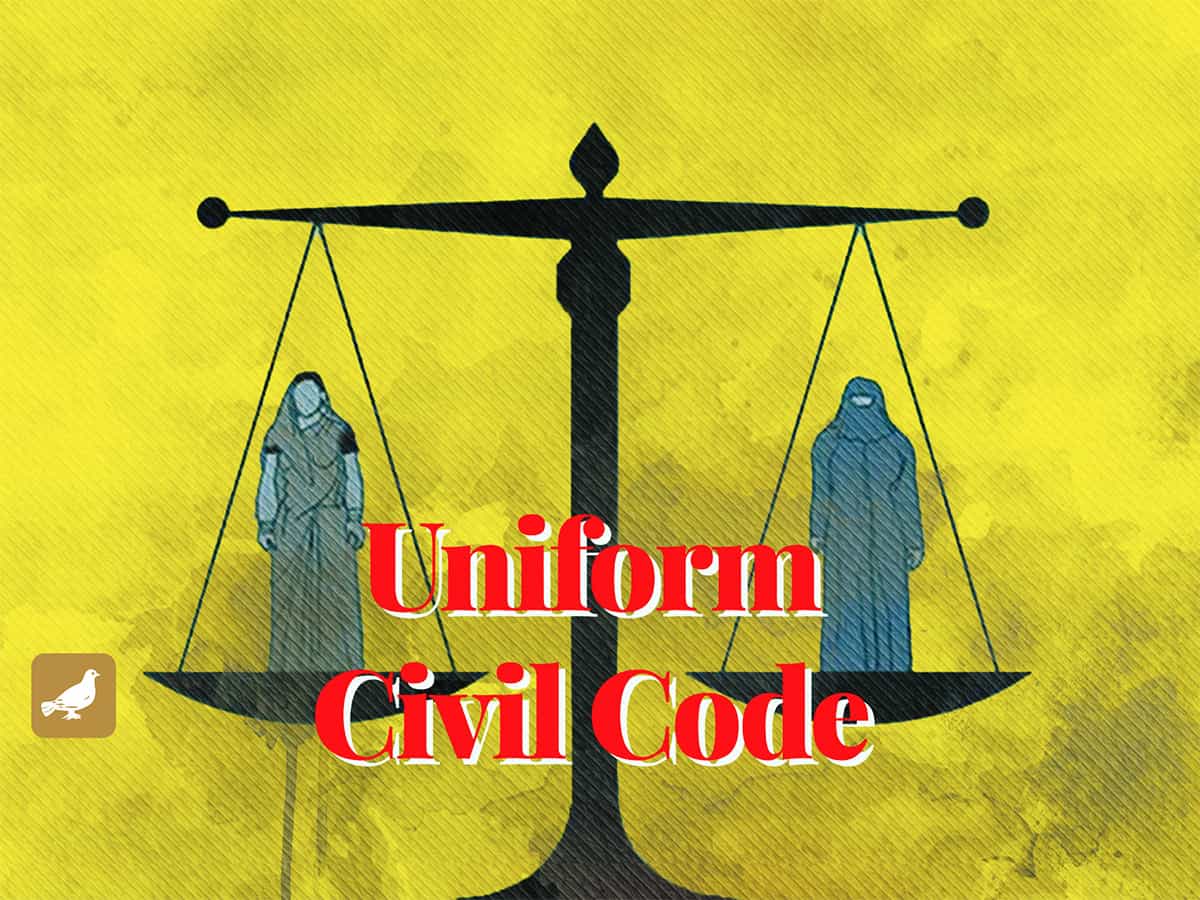Israel, the misbegotten Zionist entity, on Wednesday, May 5 celebrated the 74th anniversary of its birthday, an allusion to the usurpation by brutal military force of the Arab-Muslim land of Palestine.
In the process, Zionist gangs, armed and funded by wealthy Jews and colonialist Western powers, such as the UK, carried out a well-devised terrorist campaign of indiscriminate murder and violence against the virtually-unarmed and defenseless Palestinian community, during which dozens of hideous massacres, like Dir Yasin, were perpetrated by Zionist gangs, like the Hagana, Irgun, Stern, and others.
Also Read: The most brutal massacres of the “Zionist gangs” in Palestine in 1948
The grisly atrocities forced the vast majority of Palestine’s population at that time, in 1948, to flee their villages lest they face the same fate that the people of Dir Yasin, Tantura, Dawaymeh, and many other hamlets and villages had just faced.
The Deir Yassin massacre took place on April 9, 1948, when 130 Jewish terrorists from the paramilitary terror groups of Irgun and Lehi stormed Dir Yasin near Jerusalem and murdered 107 Palestinian civilians. Other sources, like New York Times, put the number of victims at 200.
Also Read: Israel having free season on Palestinian civilians including Children and Journalists
In his Memoirs, the Rvolt, Menachem Begin, the head of the Irgun terror group, who eventually became Israel’s Prime minister, described the Dir Yasin massacre as a real miracle because it cast terror in the hearts of the Palestinian populace, prompting them to leave. Even before Dir Yasin, Begin was branded by the British government as “leader of the notorious terrorist organization and banned from entering the UK.”
Since Dir Yasin 74 years ago, Zionist massacres of Palestinians have never really stopped as successive Zionist governments retained and maintained the original Zionist strategy toward the people of Palestine. This genocidal strategy was aimed at achieving three main goals: Expulsion of the bulk of Palestinians. (There are 7 million Palestinian refugees today), enslaving Palestinians as as “water carriers and wood hewers,” (apartheid), or outright physical extermination. This is not propaganda or media hypes. This is the un-official but authentic ideology of the ruling Zionist establishment, even today.
Also Read: Religious Fascism in India & Israel: Tweedledum and Tweedledee
In 1967, Israel launched the 6-days war, during which it seized the rest of mandatory Palestine, namely the West Bank which was under the Jordanian rule, and the Gaza Strip, under the Egyptian rule. Thus, Islam’s first Qibla and third holiest religious place, al-Aqsqa, fell under the Zionist occupation.
When East Jerusalem was seized from Jordan, the Israeli army’s rabbi Moshe Goren, strongly advised army generals to blow up the gold-gilded Dome of the Rock, which is part of the Aqsa Mosque. However, a prominent general refused to heed Goren’s exhortations.
Ever since that time, Israel transferred hundreds of thousands of its citizens into the West Bank to live on land that belongs to another people. The purpose of this criminal act is to re-enact the White settlements of the defunct apartheid regime in South Africa and former Rhodesia as well as the Russian demographic presence in the Donbas region in eastern Ukraine, pending the annexation of the territory and possible expulsion and ethnic cleansing of the Palestinians.
Also Read: Palestine-Vs. Ukraine: Stark Western hypocrisy on Palestine and Ukraine
Numerous UN resolutions were issued, ruling that the settlements were illegal and in a brazen violation of international law. Furthermore, Israel consistently refused to consider the West Bank as an occupied territory, insisting that the region was a “disputed” rather than “occupied” land. The Israeli defiance of the UN and its Security Council’s resolutions is attributed to the almost total American submission to the Zionist entity.
A few years ago during a televised debate with an Israeli official, I confronted him with the settlements problem as he claimed that it was Israel that really wanted peace and that the Palestinians were the party that displayed intransigence. I asked him rather tersely if he thought that a peace-loving country would build 300 colonies on occupied territories and transfer hundreds of thousands of its citizens to live on land that didn’t belong to them. He was dumbfounded.
Clearly, the brazen Israeli insolence and arrogance of power stem from the absolute, unlimited, and total backing the Jewish state receives from the United States due to the overwhelming influence of American Jewry on the US government, congress, and political life in America.
Also Read: “Jewish State”: A Nazi Concept Implying another final Nakba
I remember one American writer saying half-jokingly that the Palestinians will not be liberated from the Israeli occupation until America is freed from Zionist domination. The Zionist stranglehold on the American government was described amply and analyzed elaborately by the late Jewish intellectual Alfred Lilienthal in his monumental book “The Zionist Connection: What price peace.”
The Palestinians remain the ultimate reversioner
Despite its military might, economic prosperity, and international connections, Israel still lacks the legal and moral legitimacy.
In ancient times and the Middle Ages, military conquests gave conquerors sovereignty over occupied territories. However, in the modern era, sovereignty, especially de jure sovereignty, can not be acquired or gained through war. Otherwise, the occupation by Nazi Germany of 8 European states would have been perfectly legal and compatible with international law. The same thing applies to the Iraqi invasion and occupation of Kuwait nearly 30 years ago. The same thing can be said about the ongoing Russian invasion of Ukraine.
So what makes the Israeli occupation of Palestine, both in 1948 and 1967, different from the Nazi occupation of Europe, the Iraqi occupation of Kuwait, and the Russian occupation of Ukraine. In truth, Israel and the Zionist movement have no convincing answer for this crucial question. Instead, they indulge in legalistic sophistry, historical prevarication, and verbal juggling
Also Read: Israel should stop trying to force-feed the Holocaust down people’s throats as bloody repression of Palestinians goes on unabated
Some Zionist apologists try to outsmart themselves by arguing that Israel came under attack and that the occupied territory were won in a war of self-defense.
However, international law experts make it very clear that coming under attack gives a country the right to repel the attack, but not occupy territories. Thus, the acquisition of territory by military force is absolutely illegal under the international law. This is the reason most countries don’t recognize Israeli sovereignty over both East and West Jerusalem as the city, indeed the entirety of Palestine was conquered by military force, which gave Israel only a de facto sovereignty, but no de Jure sovereign whatsoever.
Needless to say, authentic de jure sovereignty would require all the normal qualifications of sovereignty, which Israel obviously lacks.
Hence, Israel should be viewed as a belligerent occupying power, irrespective of how many countries recognize it and have diplomatic and economic relations with it.
According to Hal Draper ” At the present time Israel is a belligerent occupant of the city (Jerusalem) and is bound by the laws governing such occupation.”
Headly Cook, an international law expert believes that Israel among all countries of the world possesses not a single inch of territory which she could assuredly proclaim to be her own in perpetuity.(2)
This is why, Palestinians, and Muslims in general, are strongly advised not to ascribe any legal or moral legitimacy to Israel, an entity that has been and continues to be a crime against humanity. (end)
(1) Draper, Hal. the Status of Jerusalem, p. 163
(2)” (Cook, Headly, Israel: A blessing and Curse, London 1960, p. 168)



 Featured9 months ago
Featured9 months ago


 Featured10 months ago
Featured10 months ago


 Featured2 years ago
Featured2 years ago


 Featured4 years ago
Featured4 years ago


 Featured3 years ago
Featured3 years ago


 Featured10 months ago
Featured10 months ago


 Featured2 years ago
Featured2 years ago


 Featured4 years ago
Featured4 years ago









